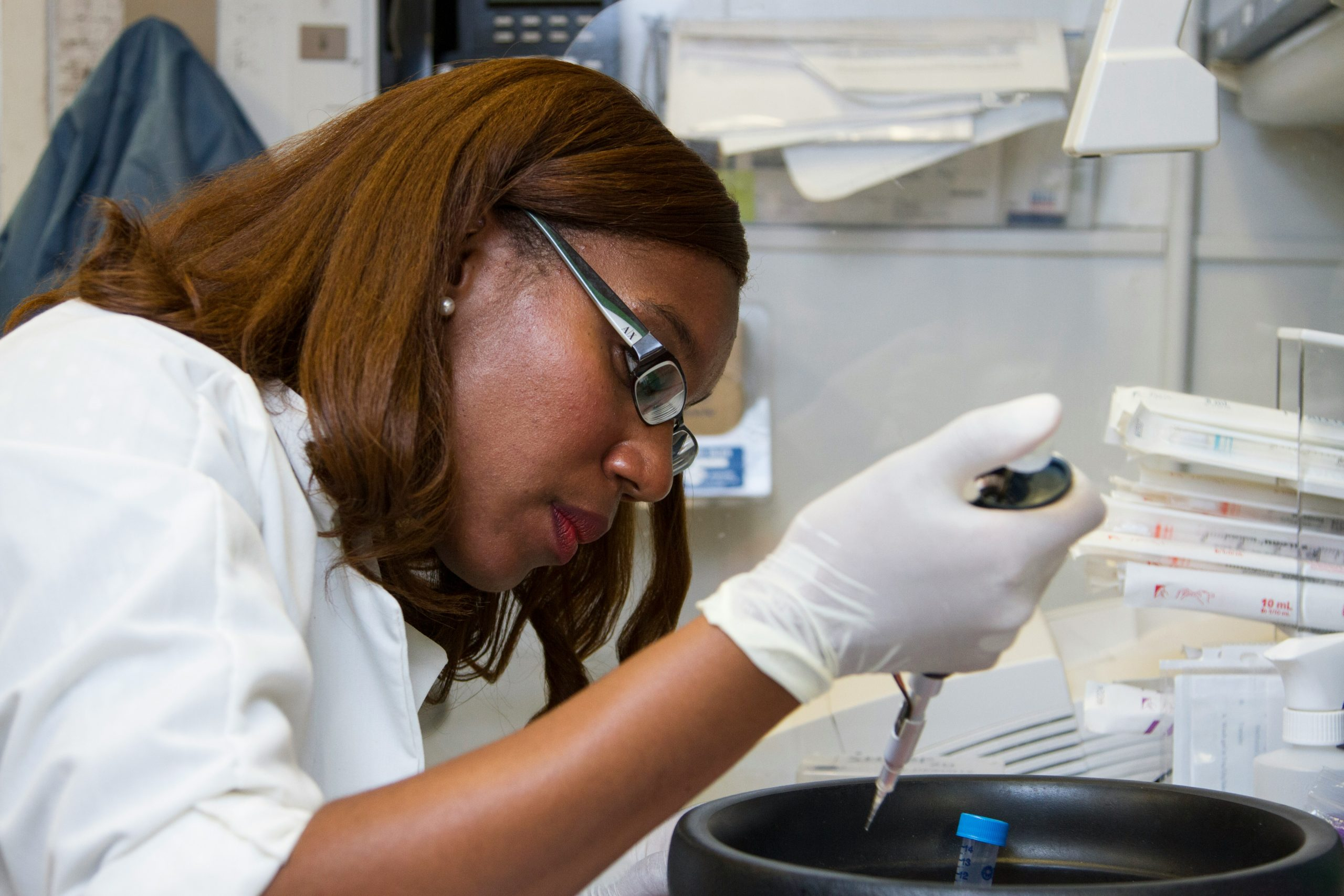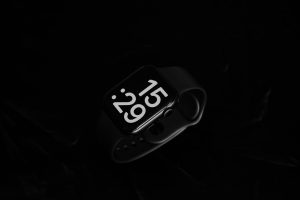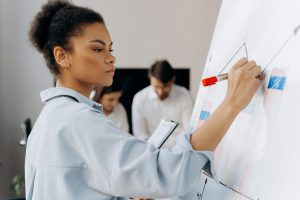The Future of Assessment: Beyond Standardized Testing
The use of standardized testing has long been a controversial topic in education. While these tests have been the traditional method of assessing student learning for decades, the future of assessment is shifting towards a more personalized and multi-faceted approach. As we move towards a more technologically advanced society, standardized testing is slowly becoming a thing of the past. In this article, we will explore the future of assessment, beyond standardized testing, and the impact it will have on education.
The Limitations of Standardized Testing
For many years, standardized testing has been the primary means of assessing student learning. These tests measure a student’s knowledge and understanding in a particular subject and assign a numerical score that is then used to compare them with their peers. While some may argue that standardized tests provide a fair and objective evaluation, they also have numerous limitations.
Not a True Measure of Learning
The very nature of standardized testing is to have a one-size-fits-all approach, where all students are expected to perform under the same conditions. However, this type of testing fails to recognize that every student is unique and learns at their own pace. It also does not take into account different learning styles and abilities.
Stress and Anxiety
The pressure to perform well on standardized tests often leads to stress and anxiety among students. This can have a negative impact on their mental health and well-being, ultimately affecting their test results and overall academic performance.
Narrow Focus on Subjects and Skills
Standardized tests typically only assess a student’s knowledge in specific subjects, such as math, reading, and writing. This narrow focus neglects other important skills, such as critical thinking, creativity, and problem-solving, which are essential for success in the real world.
The Shift Towards Personalized Assessment
With the advancement of technology, there has been a gradual shift towards more personalized assessment methods. These assessments take into account individual student needs and provide a more holistic view of learning. Here are some ways in which personalized assessment is changing the future of education.
Adaptive Testing
Adaptive testing uses algorithms to adapt the difficulty of the questions based on a student’s responses. This type of testing provides a more accurate measure of a student’s knowledge and understanding, as it has the flexibility to adjust to their individual skill level.
Performance Assessments
Performance assessments involve students completing real-world tasks, such as writing an essay, conducting an experiment, or creating a project. This type of assessment provides a more comprehensive view of a student’s abilities, as it assesses their application of knowledge and skills rather than just their memorization ability.
Portfolios
A portfolio is a collection of a student’s work, ranging from assignments and projects to reflective journals and self-evaluations. This type of assessment allows students to showcase their strengths and progress over time, giving a more accurate representation of their learning journey.
The Impact on Education and Beyond
The shift towards personalized assessment not only benefits students but also has a significant impact on the education system as a whole. It allows for a more student-centered approach to learning, where the focus is on individual growth and development rather than just test scores.
Encouraging Lifelong Learning
Personalized assessment techniques promote a culture of lifelong learning, where students are motivated to continuously improve and develop their skills beyond the classroom. It also encourages students to take ownership of their learning, leading to increased engagement and motivation.
Preparing for the Real World
The skills and abilities assessed through personalized assessment are much more relevant to the real world and better prepare students for the future. They equip students with critical thinking, problem-solving, and communication skills, which are essential for success in today’s constantly changing job market.
Breaking Barriers to Inclusivity
Personalized assessment allows for a more inclusive and equitable education system. It recognizes and accommodates individual needs, including those with learning disabilities and language barriers, providing a more accurate measure of their abilities.
In Conclusion
While standardized testing may have been the norm for a long time, it is clear that the future of assessment lies in a more personalized and multi-faceted approach. This shift towards individualized assessment has the potential to revolutionize education and better prepare students for the future. As we continue to embrace technology and innovation, it is essential to rethink the way we assess student learning and move towards a more comprehensive and inclusive system.










